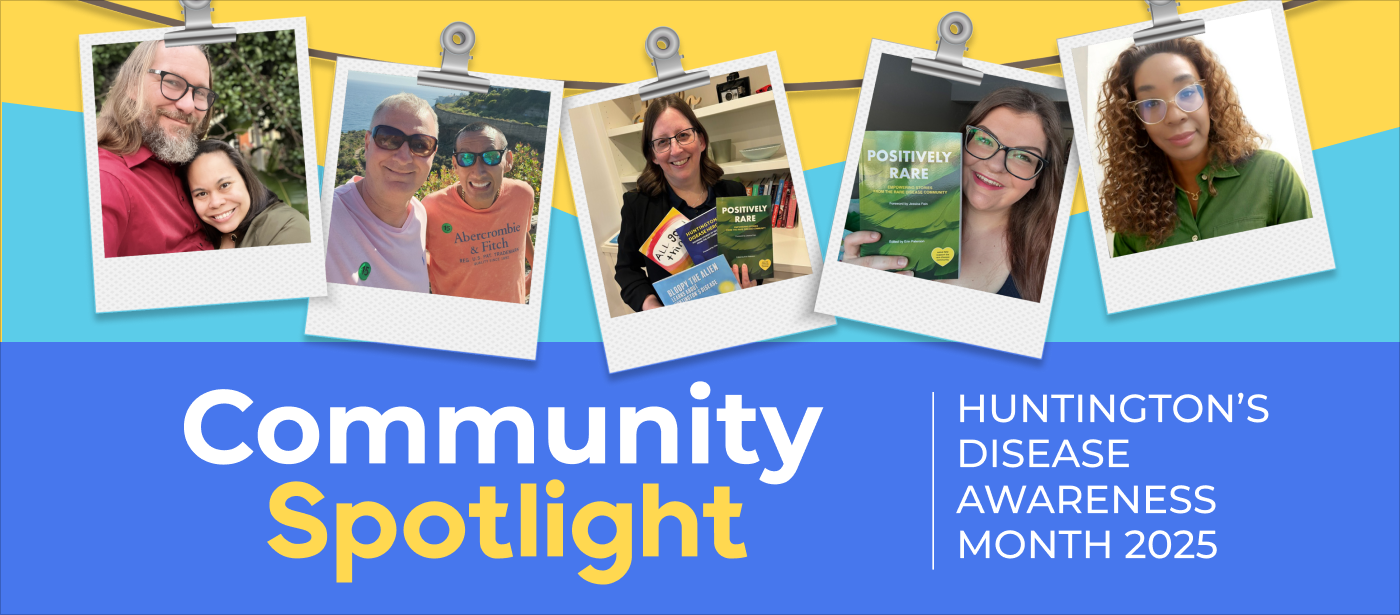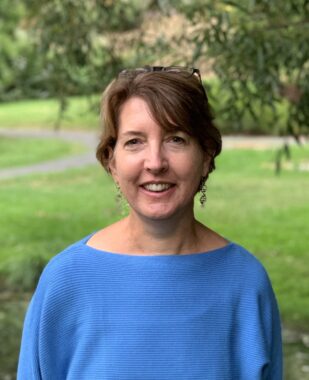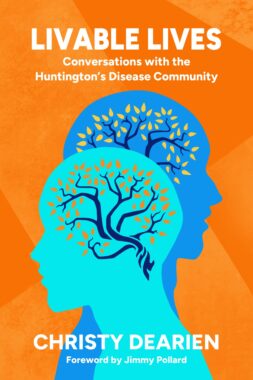Why sharing our Huntington’s disease stories is crucial
Written by |


Christy Dearien discovered her father and grandfather had Huntington’s disease after her brother was finally diagnosed. (Photos courtesy of Christy Dearien)
This is Christy Dearien’s story:
I knew nothing about Huntington’s disease when my brother was diagnosed with it in 2014. But his diagnosis explained everything about my dad and grandpa.
I met my grandpa for the first time when I was 7 years old. He was living in a psychiatric hospital at the time and had been misdiagnosed with Parkinson’s disease. My dad had classic Huntington’s symptoms, including chorea, but his doctors never pinpointed a diagnosis that fit his symptoms before he died of cancer. When my brother started having unexplained symptoms, his doctors proposed a variety of diagnoses. It was several years before a neurologist finally put the pieces together and requested testing for Huntington’s disease.
Learning about Huntington’s and my own at-risk status made me rethink everything: my family’s past, my kids’ future, and how I relate to those I care about most. I found it difficult to explain the complexities of Huntington’s to the people around me while still learning about the disease myself. There was no simple explanation to help people understand what it means to have a family disease, why the genetic testing decision is not straightforward, or why it can be difficult to talk about Huntington’s.

Christy Dearien’s book, “Livable Lives,” shares the stories of 30 people from 10 countries who have been affected by Huntington’s disease.
Growing up, I never imagined my family had a rare genetic disease, especially one like Huntington’s. Not knowing we were a Huntington’s family meant my dad and grandpa never received the help or compassion that could’ve made their lives better. Not knowing meant my siblings and I all had kids before we learned we could pass on a genetic disease. Not knowing meant we didn’t cherish the time before my brother started having Huntington’s symptoms.
Unfortunately, ours is an all-too-common story. Many individuals with rare diseases face years of misdiagnoses and missed opportunities to receive appropriate care, something that has had a profound and lasting impact on my family and others.
After I tested negative in 2019, I couldn’t shake the feeling that I wanted to do something to build understanding for the Huntington’s community. One of the best ways to understand Huntington’s disease is through personal accounts, but my own story is just one small piece of a complex narrative.
I wanted people to know the bigger Huntington’s disease story, so I reached out to the Huntington’s community to find people willing to share how the disease impacts them. I talked with as many people as I could to capture a wide variety of experiences, including people who are at risk, people who are gene-positive and negative, family members, researchers, and care providers. In all, I spoke with more than 30 people from 10 countries across five continents.
The result is “Livable Lives,” published in October 2024. Like me, the storytellers in “Livable Lives” want to raise awareness about Huntington’s disease to improve care and increase support for our families. I invite you to get to know this incredible community of diverse voices. Each of us has a unique tale and valuable lessons to share.
In recognition of Huntington’s Disease Awareness Month in May, the Huntington’s Disease Community Spotlight campaign features a series of stories highlighting the real-life experiences of people affected by Huntington’s, written in their own words. Follow us on Facebook, Instagram, or X for more stories like this, using the hashtag #HDSpotlight, or read the full series.




